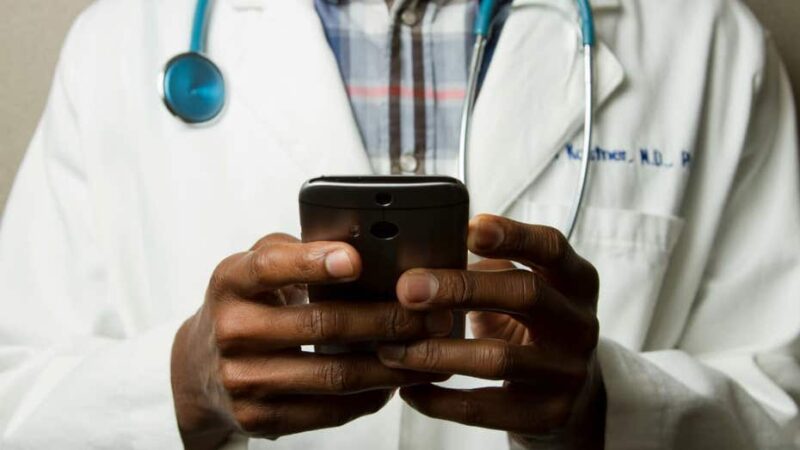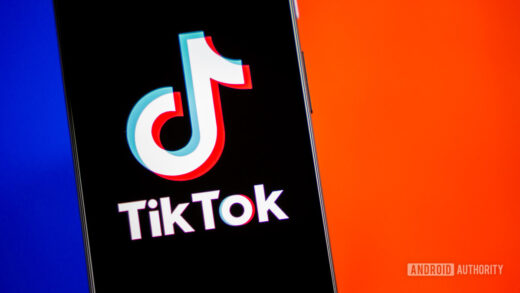Huge Healthcare Data Breach Exposes Sensitive Information of Over 1 Million Americans

The Rising Threat of Cyberattacks in Healthcare
In recent years, the healthcare sector has become a primary target for cybercriminals. Notably, the 2024 Ascension attack caused significant disruptions across the system, and the Change Healthcare breach initially affected an estimated 100 million Americans, later revised to a staggering 190 million. Sadly, these incidents are becoming all too common, and another major breach has just been reported.
The Community Health Center, Inc. (CHC), a federally qualified health center located in Connecticut, has announced a significant data breach following a criminal cyberattack. This breach has impacted over a million individuals across the United States.
Details of the Data Breach
CHC detected unusual activity within its computer systems on January 2, prompting an immediate investigation that confirmed unauthorized access by a skilled hacker. Fortunately, the hacker did not delete or lock any data, which is often a tactic used in ransomware attacks demanding payment to restore access.
In a regulatory filing with the Maine Attorney General’s Office, CHC disclosed that 1,060,936 individuals were affected. The range of compromised information varies based on the individual’s relationship with CHC, but may include:
– Names
– Dates of birth
– Addresses
– Phone numbers
– Email addresses
– Health diagnoses
– Treatment details
– Test results
– Social Security numbers
– Health insurance information
For those who received COVID-19 services at CHC clinics but are not regular patients, their data may also include demographic details and vaccination information.
Potential Risks and Security Measures
While CHC has not disclosed how the hackers gained access or the cybersecurity measures that were in place at the time, the organization claims that the hacker’s access was terminated within hours, and daily operations remained unaffected. To enhance cybersecurity, CHC has implemented advanced monitoring software and strengthened protective measures. Notably, there is currently no evidence that the compromised data has been exploited.
In response to the breach, CHC is offering free identity theft protection services to all patients and COVID-19 service recipients whose Social Security numbers were compromised. They also advise others to take proactive steps to safeguard their personal information.
Protecting Your Personal Information After a Breach
The fallout from a data breach can be overwhelming, but there are steps to help protect yourself:
1. **Limit Your Online Footprint**: Consider using reputable data removal services to help erase your personal information from various websites and data brokers.
2. **Be Cautious of Mail Communications**: With addresses compromised, be wary of fraudulent letters claiming missed deliveries or account issues. Always verify the authenticity of such communications.
3. **Beware of Phishing Scams**: Cybercriminals may exploit your compromised email or phone number to launch phishing attacks. Always be cautious with unsolicited messages asking for personal information.
4. **Monitor Your Accounts**: Regularly check your bank and credit card statements for unauthorized transactions or suspicious activity.
5. **Recognize Social Security Scams**: If your Social Security number is exposed, you may become a target for scams. Official communications regarding Social Security typically arrive via mail, not phone or email.
6. **Invest in Identity Theft Protection**: Enrolling in an identity theft protection service can help monitor your personal information and alert you to potential misuse.
Staying Vigilant in the Aftermath
While the CHC breach may not rival the scale of the UnitedHealth attack, the exposure of sensitive data for over a million individuals is serious. Cybercriminals can exploit this information for identity theft and targeted scams. Despite CHC’s efforts to secure its systems, affected individuals must remain alert for unexpected communications and monitor their financial and medical accounts for any irregularities.
We want to hear from you! Do you believe that companies are doing enough to protect your data, and is the government adequately addressing cyberattacks? Share your thoughts at Cyberguy.com/Contact.
For more tech tips and security alerts, consider subscribing to the free CyberGuy Report Newsletter at Cyberguy.com/Newsletter.


